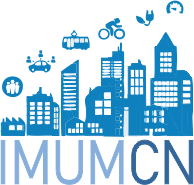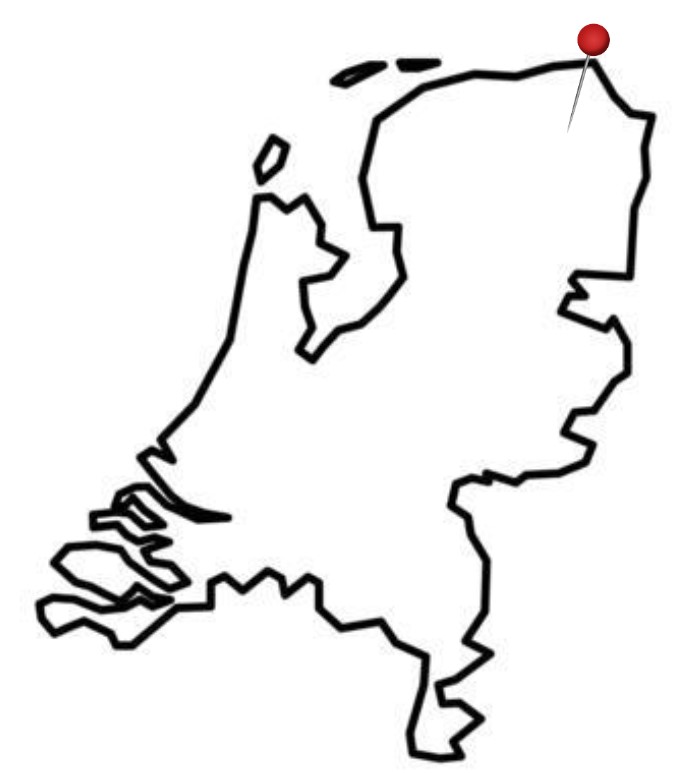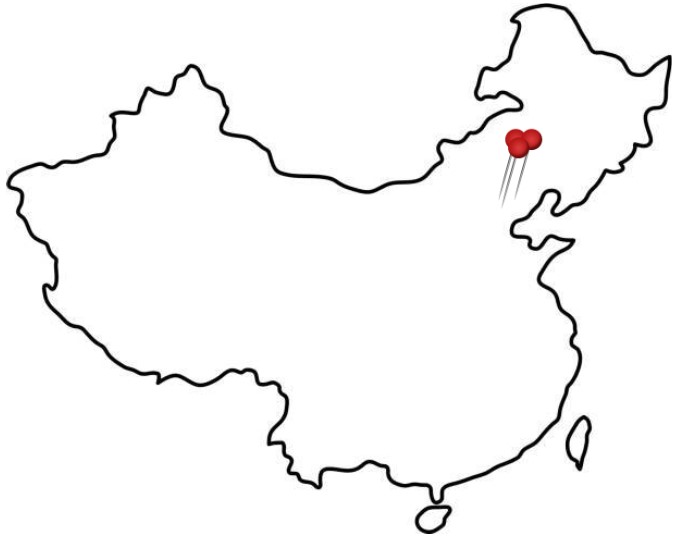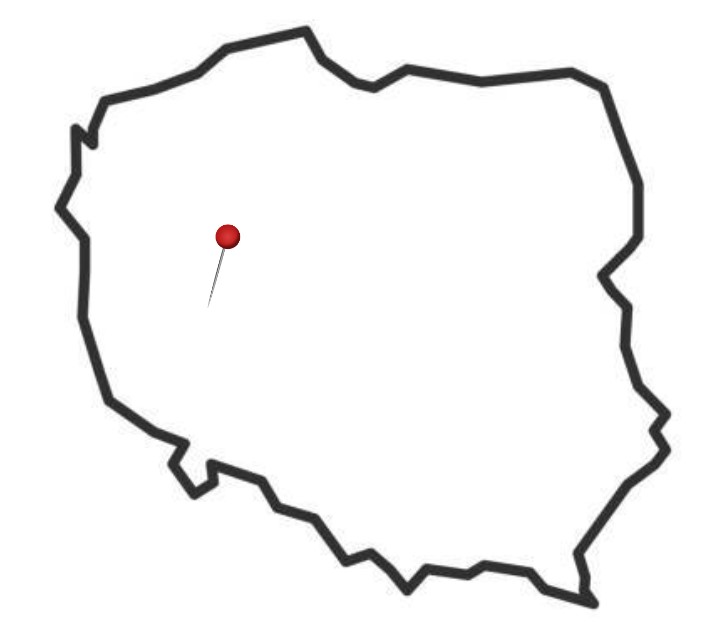Introduction
Using various concepts of sustainable urban mobility, research teams from leading institutes in China and Europe have identified five project objectives that each address different aspects of achieving a sustainable urban transport system:
- Understand residents’ work time and location choices, as well as related travel behaviour considering changing work habits in the Chinese and European context.
- Investigate the efficiency and equity of new transport services and their roles in residents’ work time and location choices.
- Develop a near real-time emissions accounting framework for resident transport, and estimate traffic emissions related to changing work habits and new transport services.
- Develop and test a Mobility as a Service (MaaS)-based personal carbon trading system for urban mobility to reduce traffic congestion and emissions.
- Design an efficient and climate-neutral multi-mode urban traffic system considering new transport services and work habits.
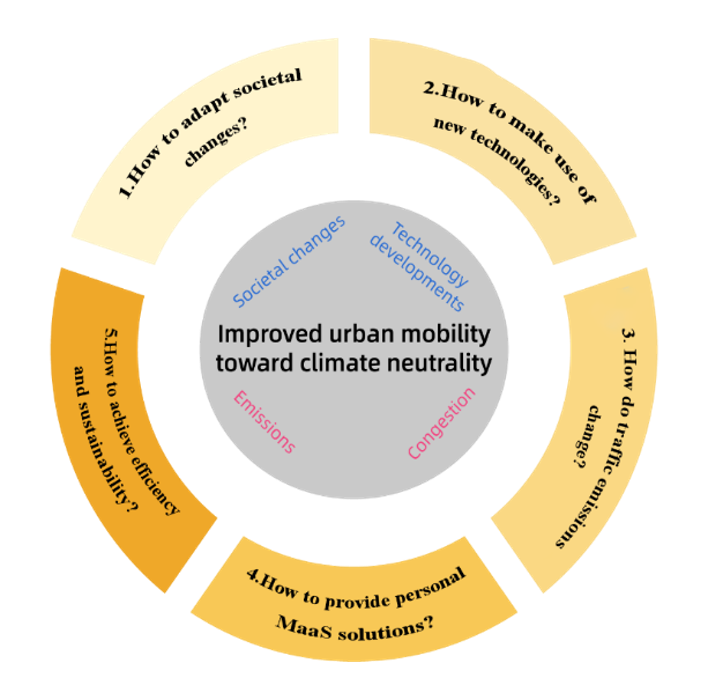
Work Packages
WP1: Urban traffic and city structure with changing work habits
WP1 examines how flexible work schedules and telework impact work schedules, job-home location choices, travel demand, and traffic emissions. Experiments will be conducted and focus groups in four cities in Europe and China to gather data and develop models to evaluate these effects.
WP2: Efficiency and equity related to new transport services
WP2 examines the impact of ride-hailing, customized buses, and travel reservations on travel demand and equity. It proposes optimizations to reduce cruising distances and improve efficiency. Using GIS and network analysis, WP2 will assess accessibility and equity improvements and analyze social inclusion. Findings will link to WP1 to evaluate resulting traffic congestion and emissions.
WP3: A near real-time emission accounting framework for resident transport
WP3 estimates historical and future traffic emissions using data and models from WP1 and WP2. By applying the IPCC’s method, CO2 emissions are calculated from fuel consumption and emission factors. Future emissions will be modeled based on travel patterns from WP1 and transport options from WP2, quantifying potential emission reductions under various scenarios.
WP4: A multi-mode urban traffic system considering new transport services and working habits
WP4 uses insights from WP2 and WP3 to design a multi-mode urban traffic system, combining modes like rail transit with ride-hailing and bike sharing. Policies will promote emission reduction. Experiments and models will study individual travel behaviour. Focus groups with transport providers will explore service combinations. The project will refine models developed in the above WPs to assess impacts on congestion, emissions, job-home locations, work schedules, and transport choices.
WP5: A MaaS-based personal carbon trading system
WP5 will create a personal carbon permit trading system using existing MaaS platforms in Beijing, the Netherlands, and Poznań. It integrates multiple transport modes and innovative services from WP4 and WP3, allowing residents to trade permits for their traffic emissions. Insights into permit trading behaviour will inform models of supply, demand, and permit pricing. The effectiveness and equity of different permit allocation schemes will be analyzed, addressing accessibility, convenience, and cost issues.
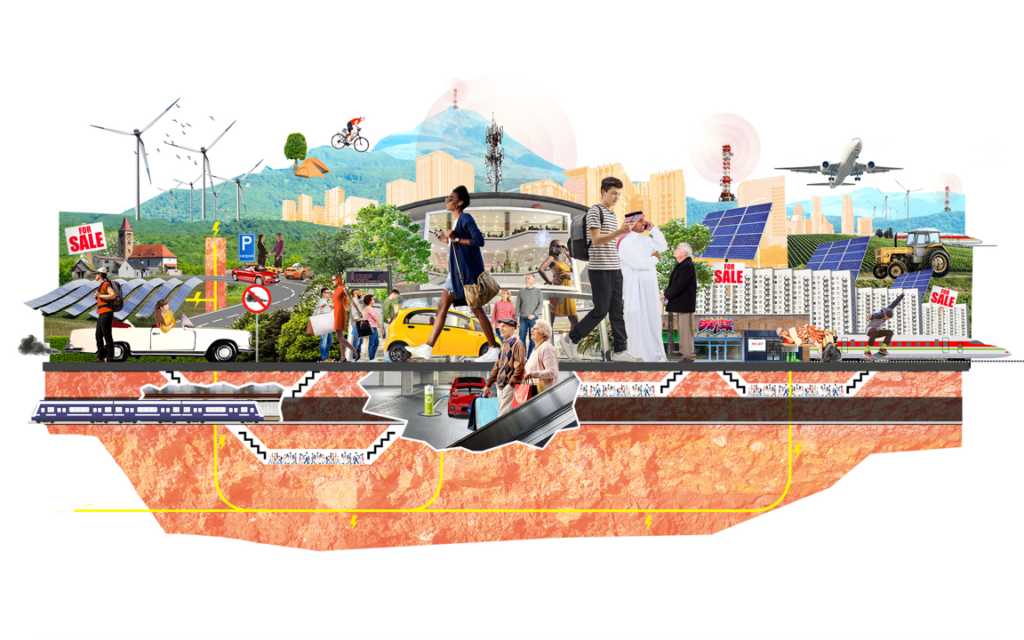
Research groups & their tasks

